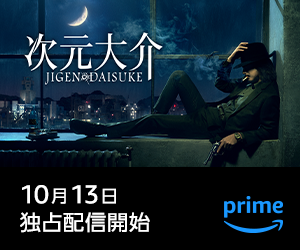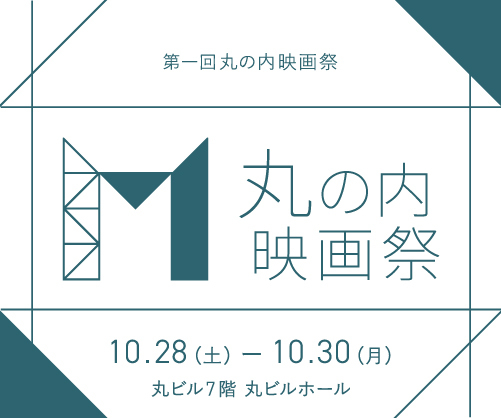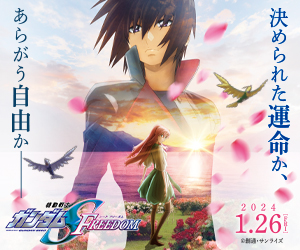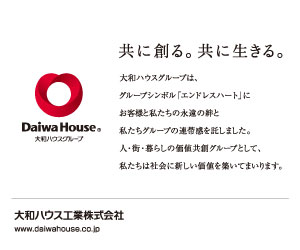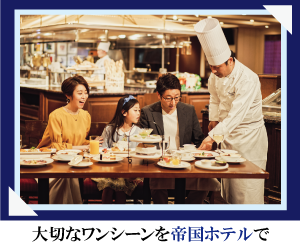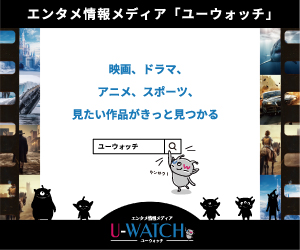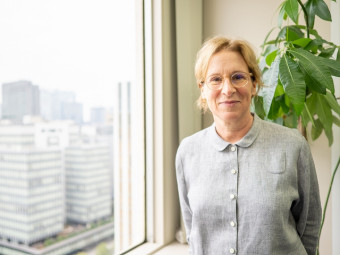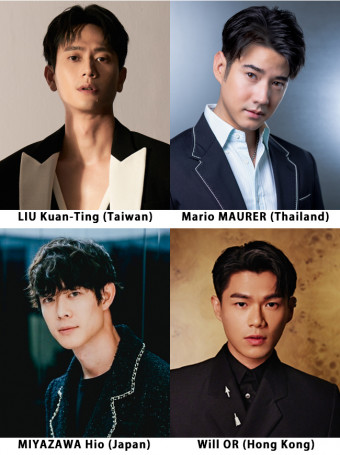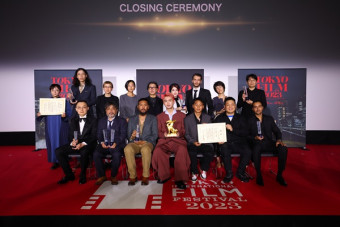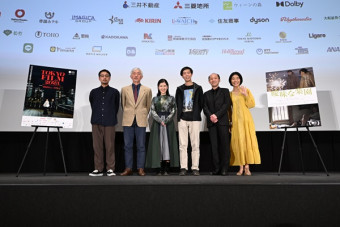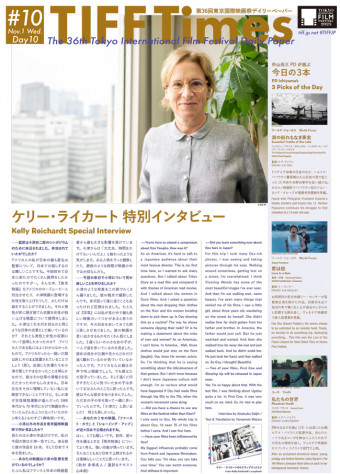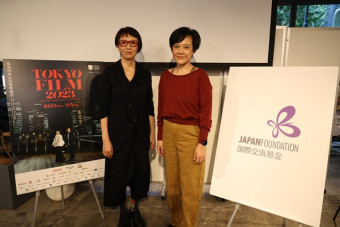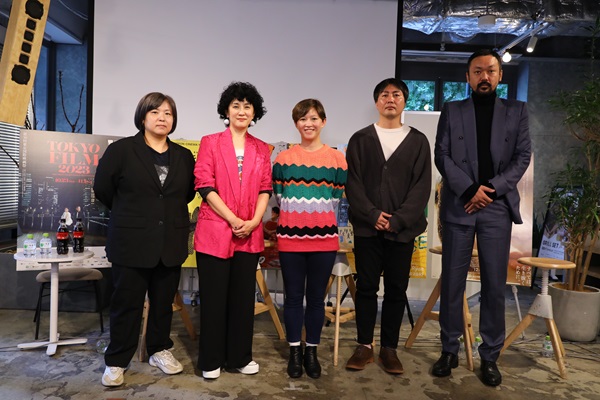
Five directors whose work was selected for the 36th Tokyo International Film Festival’s Nippon Cinema Now section gathered on October 29 to discuss their production process. Their talk was part of the festival’s popular TIFF Lounge sessions, co-presented by The Japan Foundation and TIFF.
Nippon Cinema Now focuses on domestic films that deserve international play, and this year in particular, is exceptionally diverse. Among the seven titles included are narrative features, a featurette and documentaries.
According to TIFF Programming Director Ichiyama Shozo, who served as the moderator for the session, these are the directors who “bear the future of Japan’s film industry on their shoulders.” The section includes work by three female directors (nearly achieving parity): Ema Ryan Yamazaki, Iguchi Nami and Sangoumi Midori, all of whom were on hand for the TIFF Talk. Also in attendance were filmmakers Toda Akihiro and Sawa Kan.
While Iguchi has directed several award-winning features in the past, she is contributing a featurette, Keep Your Left Hand Down, to Nippon Cinema Now. A somewhat experimental film that imagines a world in which lefties are arrested on sight, it features a group of children called the Child Police. Asked about the inception of her latest project, the director discussed an earlier documentary she’d made called When Kids Make Movies. “Artist sisters Kanai Mieko and Kanai Kumiko saw that film and came to me and suggested that I do another about children. They brought in enough financing to make a mid-length film, and that’s how this all happened.”
Ichiyama mentioned that Sangoumi, a veteran actor and voice actor, had been the winner of a Special Jury Prize at the inaugural Amazon Prime Video Take One Award at the 34th TIFF. Her Nippon Cinema Now selection, 99% Cloudy… Always, tells the story of a middle-aged woman with Asperger Syndrome (played by the director herself), whose husband suddenly insists that they should adopt a child.
“I really wanted to make a film after I won the prize,” said Sangoumi, “but it was a special award and didn’t give me any funding for a new film. I didn’t have any money myself, so I didn’t know how to go forward. But then, Arts for the Future, an initiative created by the Agency for Cultural Affairs, was started during COVID to provide a two-year grant to support artists. I finally figured out how to fill out all the paperwork to receive this subsidy and I fortunately won a grant. So that allowed me to go ahead and get the film made.”
Ryan Yamazaki is a seasoned editor and filmmaker who has been crossing borders her whole life. The director of the acclaimed documentaries Koshien: Japan’s Field of Dreams (2020) and Monkey Business: The Adventures of Curious George’s Creators (2017), she has now turned her lens on The Making of a Japanese, which focuses on schoolchildren as they learn how to fit into Japanese society.
“I went to public school in Osaka,” she told the audience, “but my father is British, and I went to an international school in high school and went overseas for college. I gradually realized that certain of the traits that everyone was always praising me for, like reliability, punctuality and working hard were traits that I’d developed in grade school in Japan. So I decided to explore that in this film.”
“I spoke to a public-school principal and received approval to make a film about some of the children. Then COVID hit and I thought I might have to wait for several years. But we decided to go ahead and shoot during COVID, and I spent a year shooting. I’d worked with NHK in the past, and I was able to get their support, including equipment and crew, to make the film. I produced it with Eric Nyari (her husband) and did the editing myself. I also won the Best Script Award at Tokyo Docs and we had offers from several other countries there, like France and Finland. So we collaborated with them, as well as with a New York broadcaster. I wound up creating a version for NHK, as well as another for international broadcast. I’d done the same thing with my previous film, Koshien: Field of Dreams.”
“There aren’t many documentaries where you’re fully funded from the beginning, you’re always having to piece together funding as you go along. It’s like an adventure, whenever you make a documentary.”
Sawa Kan, making his directorial debut with the beautifully lensed drama Family after a lengthy career as a photographer, visual artist and costume designer for A-list films, adapts a story by legendary manga artist Tsuchida Seiki, focusing on the lives and losses of four men. “In my generation, there are a lot of adaptations that aren’t faithful to the original source material. I was working on character designs for others for about 15 years, and it was similar to writing a script. So I thought, ‘Why ddn’t I make my own film?’ That was in 2018, and I started meeting with producers and pitched several scripts. Once I had a producer in place for this one, he started looking for funding. He also provided ideas for the casting (which includes stars like Oguri Shun, Nagase Masatoshi and Yoshizawa Ryo), since I didn’t know all the actors in advance.”
Toda Akihiro, a theater founder and award-winning playwright, is the director of the moving romance/road movie/missing-person drama Ichiko, his fourth feature. He told the audience, “I was making indie films in college, but in 2015, I started a theater company because I had a bunch of scripts stockpiled. The first play I mounted was Ichiko, and fortunately we won an award. About four years later, we started talking about filming it.”
Asked whether he’d altered his approach to telling the story, Toda said, “There are many things I couldn’t express on screen in the same way as the play, and I think it turned out to be pretty different. My producer was just starting a project to work with upcoming directors, and he reached out to me, so I proposed several things and he chose Ichiko. Then he formed a production committee and started fundraising. Initially, the producer had the idea of financing it on his own. But luckily, once we’d cast Sugisaki Hana as our protagonist, we were able to get Happinet Phantom on board the committee.”
A member of the audience asked whether the panelists have been successful getting theatrical or other distribution for their films. Ryan Yamazaki emphasized that she thinks it’s important for filmmakers to show their work in theaters, since “you can have valuable interactions with the audience and get press coverage.” But she is also pursuing streaming opportunities and other expanded possibilities for distribution.
Sangoumi said that the grant she’d received also provides funding for distribution, “so I’m exploring a self-distribution model by visiting a variety of arthouse ‘mini-theaters’ around Japan and talking directly with them.”
Sawa noted that animation powerhouse Aniplex had produced his film and is also distributing it. “I don’t think they produce many live-action films,” he said, “but they’re planning a theatrical run for my film.” Ichiyama stressed that it’s a film that must be seen on the big screen, since the cinematography and production design are stunning.
Toda’s film will hit theaters nationwide from December 8, and is expected to be a substantial hit.
A journalist asked for the panelists’ opinions about the future of filmmaking + family-making in Japan—whether filmmakers will ever be able to continue working once they have children. Ryan Yamazaki said, “I was 8 months pregnant when I was finishing my film, and my son is now one year old. I try not to sacrifice my family life, either when I’m working on a film or when I’m visiting overseas festivals. My husband and I share child-rearing duties. But everyone I know is struggling with the work-family balance. I hope the film industry will become a place where everyone can bring their family to work.”
Sangoumi, admitting that she’d been divorced, said, “I’m not able to multitask. When I was married and working as an actress, I got really de-motivated. When you’re happy about something, you lose motivation. And now I feel so much creative inspiration inside, I can’t think about having a family or a relationship. But I would like to get married and have kids someday.”
“I’ve never, ever wanted to get married or have a baby,” said Iguchi. “I thought my mind might change after I grew up, but I’m already a grown-up. Female directors in Japan who have families are really supported by the women around them, and I think there’s an increasing number of female crew who return to filmmaking after having babies. In several years’ time, I think the infrastructure will improve.”
Toda, stating that he’s single, said, “It’s a fact that there are an increasing number of women directors and crew members. I realize this is also a budgetary issue, but I think it’s important that we start providing childcare on film sets.”
Said Sawa, “You have to engross yourself in your work on set, and you need deep understanding from your family. From a man’s point of view, I feel like there’s probably a disconnect. I think I need to learn more about this issue of gender parity, since there’s really a divide.”
A film student from Korea, confessing that she’s worried about finding support and opportunities to stay in Japan and continue working, once she graduates, asked if the panelists had any advice.
Ryan Yamazaki, who graduated from New York University and worked in the state for several years afterward, told her, “It’s very difficult to make a living when you first enter the industry. I was working 10am – 7pm every day to support myself, so I would get up at 4am and try to spend several hours on my own work. I feel like young people have to work 24/7. To chase your dream, you have to work so hard. My suggestion is that you develop a skill set that you can utilize, but continue to pursue your dream. The more young people in the industry, the better for all of us.”
Said Sangoumi, “I was already middle aged when I decided to make a film. There wasn’t an easy access point. I didn’t know how to edit or shoot. You have to find that gateway where you can force yourself inside. But the chances are very slim when you don’t have a track record already in the industry. It’s difficult to receive subsidies and there aren’t many available. I just hope there will be more opportunities for people like me to participate in Japanese cinema in the future.”
TIFF Lounge Co-presented by The Japan Foundation & Tokyo International Film Festival
Nippon Cinema Now Talk Session: How we make films
Guests: Iguchi Nami, Sangoumi Midori, Ema Ryan Yamazaki, Sawa Kan, Toda Akihiro
Moderator: Ichiyama Shozo (Programming Director, Tokyo International Film Festival)












